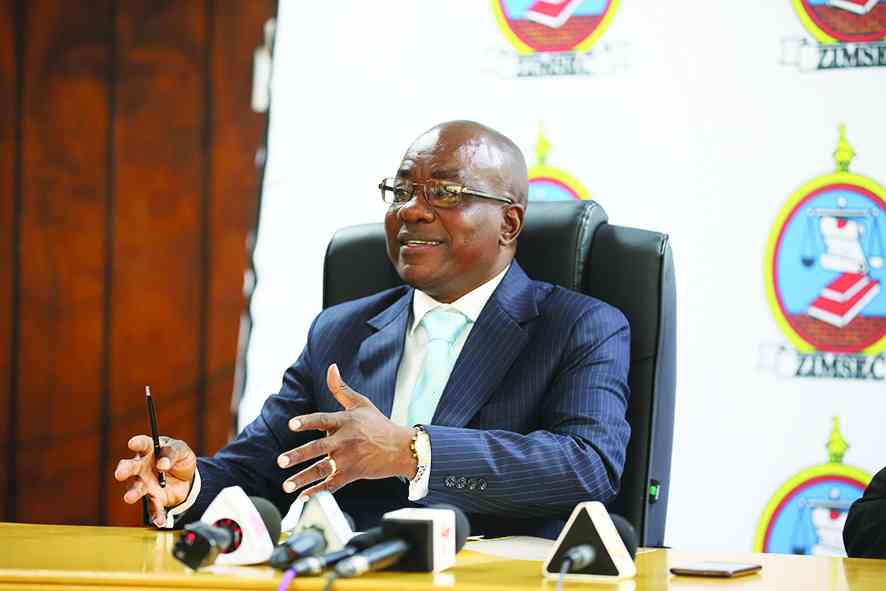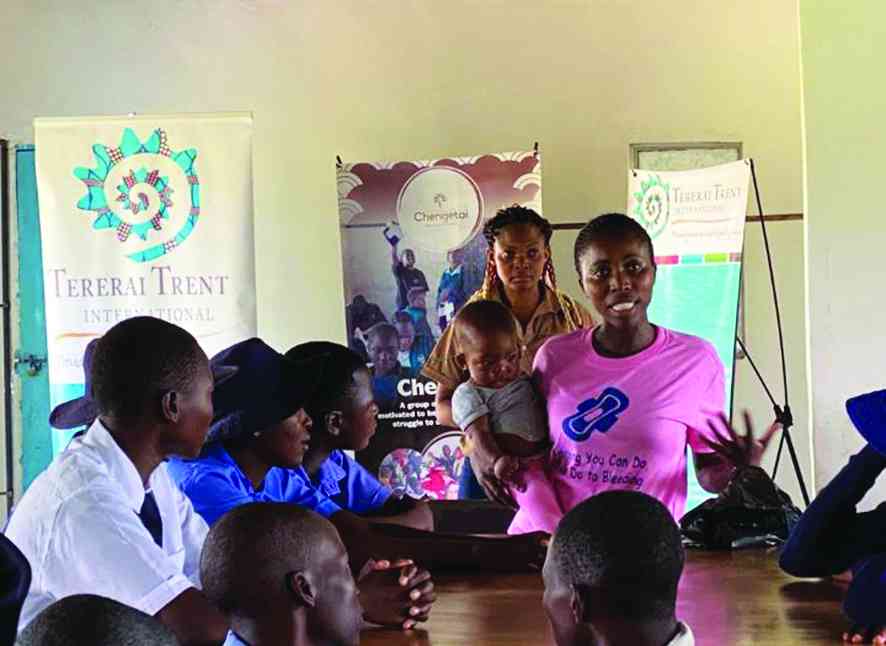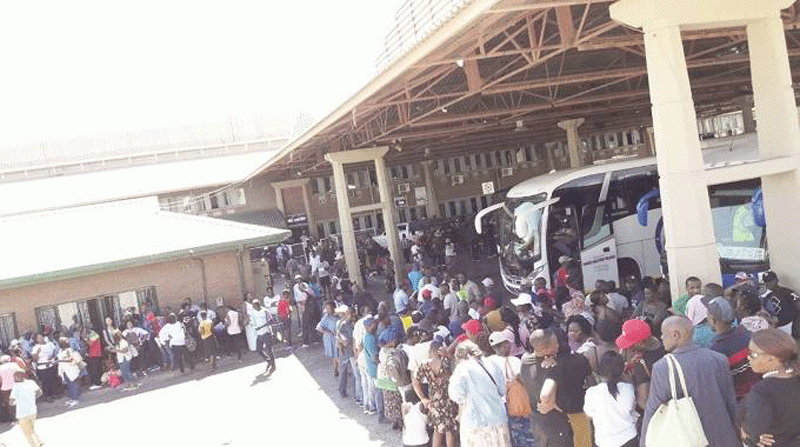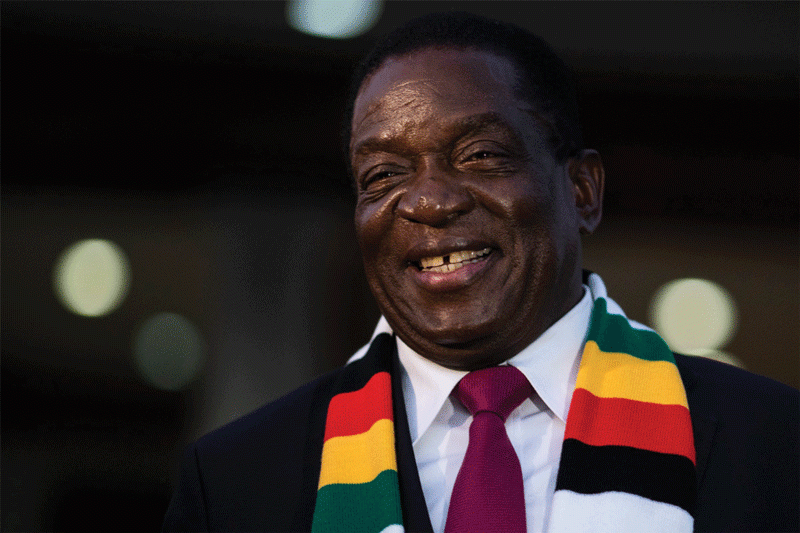
The two MDC formations in the inclusive government on Tuesday succumbed to Zanu PF pressure and agreed that all human rights atrocities committed against the people of Zimbabwe before the formation of the coalition in February 2009 should not be investigated by the new Zimbabwe Human Rights Commission (ZHRC).
This means that if the Bill becomes law, the ZHRC will be hamstrung from investigating issues such as the 2008 political violence, the 2005 Murambatsvina human rights violations and the emotive Gukurahundi massacres, all blamed on successive Zanu PF governments.
The House of Assembly was informed by Justice minister Patrick Chinamasa that the matter had been agreed to by negotiators from the three political parties in the inclusive government. In other words, the MDC MPs were whipped into line by their parties and did not stand for what was best for Zimbabwe.
The chief negotiators included Chinamasa, Nicholas Goche (Zanu PF), Tendai Biti, Elton Mangoma (MDC-T), Priscilla Misihairabwi- Mushonga and Welshman Ncube (MDC) at that time.
Zanu PF is against provisions that would see its members indicted for trampling on the rights of fellow Zimbabweans since Independence.
Sadly the decision by the MPs came at a time when thousands of victims of violence had their hopes raised that they would see justice in their lifetime by the Organ on National Healing, Reconciliation and Integration.
The organ, which has done absolutely nothing since its formation, recently told Zimbabweans that it was coming up with an Act of Parliament that would help it address these past injustices.
But the developments in Parliament would not inspire confidence among ordinary Zimbabweans that anything will emerge from the inclusive government as far as justice for past injustices is concerned.
- Chamisa under fire over US$120K donation
- Mavhunga puts DeMbare into Chibuku quarterfinals
- Pension funds bet on Cabora Bassa oilfields
- Councils defy govt fire tender directive
Keep Reading
What is clear now is that architects of political violence can continue with their murderous activities knowing full well that they can use their political influence to escape justice.
What will the victims of violence say in the wake of such a political decision by our legislators? It is clear the two MDCs were merely concerned about their future in politics and not the people that voted for them into office.
If the violence that preceded the most recent election of 2008, in particular the June 27 presidential runoff poll, was inconsequential, why did Prime Minister Morgan Tsvangirai boycott the poll?
So many wrong things have happened in this country that are simply brushed aside for political expediency.
How will the families of more than 20 000 people killed during Gukurahundi, which President Robert Mugabe has described as a moment of madness, feel?
While Chinamasa argues that “we should look into the future and not expend our energies looking into the past”, the issue here is not about skirting acrimonious debates but doing what is right. Some of the perpetrators of violence are well known and should therefore be prosecuted.
For as long as there is no closure on the matter, past injustices will continue to haunt future generations.
It is clear that this matter is too big for the Organ on National Healing, Reconciliation and Integration, which itself is a political animal.
Let the rule of law prevail!











